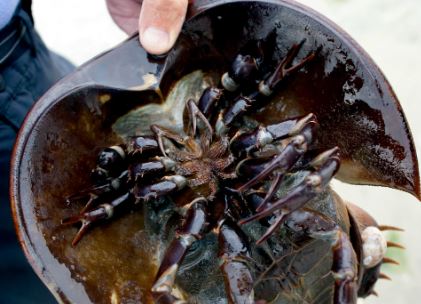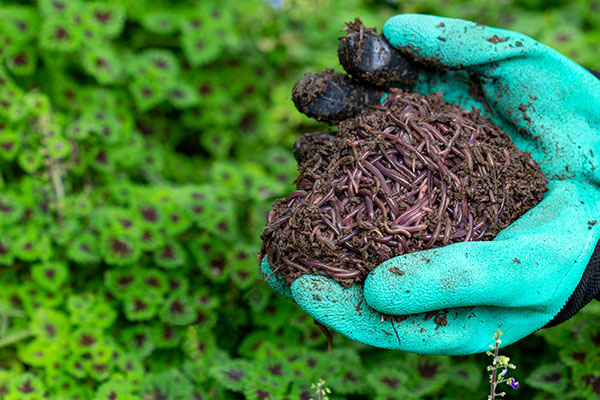
"Phage[s] have been used as an alternative to antibiotics for decades in eastern European countries, particularly for treatment of urinary tract infections," explained Dr. Catherine Putonti, the study's corresponding author. "This first step in the characterization of the phages already present within the bladder has the potential to identify candidates for subsequent phage therapy clinical studies for urinary symptom treatment."
To identify how they contribute to the urinary microbiota, researchers from the Loyola University in Chicago analyzed 181 bacterial genomes, which were taken from the female urinary microbiome. This represented the "microbiome's phylogenetic diversity," according to Dr. Putonti. They found out that the genomes contained 457 phage sequences, but most were novel in nature and can no longer replicate to infect more bacteria. Researchers then chose one of the 181 bacterial genomes and found that they could prompt one of a few phage sequences inside that genome to reproduce.
"We found that lysogenic phages [phages that insert their DNA into the genomes of their hosts] are abundant within the bacteria of the bladder," said Dr. Putonti. "In fact, they are more abundant than we expected."
Bacteriophages that share similar sequences with other microbiota in the bladder also indicated the presence of a "core community" of phages in the organ. There were also some differences identified between the phage populations of women with a healthy bladder and those that had symptoms of urinary tract infection.
The study is the first to explore the phage population within the urinary microbiota. As the findings indicated that many of the phage sequences are not recognized in their current database, researchers posited that this could show additional sequences that contribute to urinary health.
Researchers plan to explore phage populations in the bladder further as they could be used as an alternative treatment to antibiotic-resistant pathogenic bacteria. (Related: Bacteriophage therapy, the amazing cure for MRSA being ignored by mainstream medicine.)
The practice of treating pathogenic bacteria with phages has been around for a long time. In nature, phages regulate surface bacteria in marine environments. At the turn of the 21st century, it was used to treat bacterial infections such as dysentery (Shigella dysenteriae) and others. However, the treatment had gotten mixed success, mainly because clinicians at the time had a limited understanding of the biological nature of phages. In addition, delivering phage to the site of infection also proved too difficult. Therefore, the treatment was scrapped in favor of pharmaceutical antibiotics around the 1950s.
Still, the current rise of the superbug – bacteria which have an increased resistance to antibiotic treatment – could very well pave the way for the return of phage therapy to the forefront in treating bacterial infections. Recent studies have shown that phage treatment is promising, with animal studies showing that it could be used to treat antibiotic-resistant Escherichia coli O25:H4-ST131. Moreover, phage therapy can even be used in concert with antibiotic treatments to treat pathogens such as Pseudomonas aeruginosa, which infects the skin, lungs, and the gastrointestinal tract.
Learn more about phage therapy and other scientific breakthroughs by going to Natural.news today.
Sources include:
Please contact us for more information.























